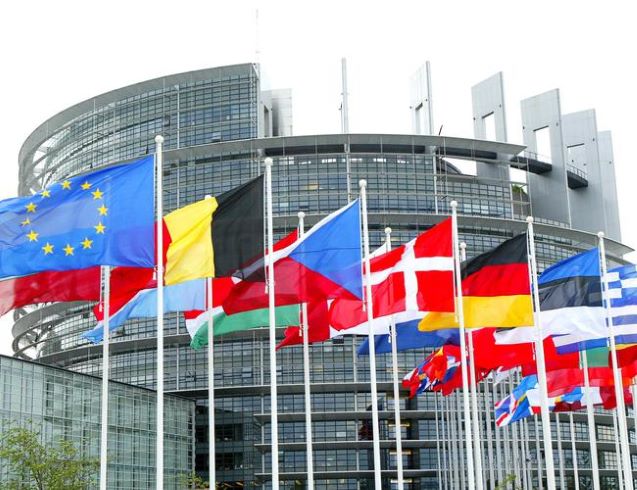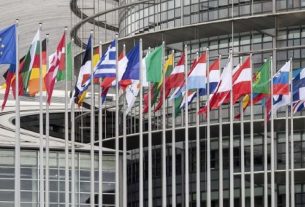The European Commission said on Wednesday that if energy prices were to flare up again, any support measures rolled out should be “targeted at protecting vulnerable households and firms.”
The European Commission on Wednesday called on governments across the European Union to end their support measures for energy prices by the end of this year.
This is necessary in order for them to stay in line with fiscal rules, according to the EU’s executive.
Following Russia’s full-scale invasion of Ukraine, EU governments have spent heavily in order to mitigate the effects of rising energy costs.
But Brussels now says that support measures, if they are still needed, should be targeted at protecting vulnerable households and firms.
“The main measure is winding down the energy universal supportive measures. This is, I think, where you can have more room of manoeuver,” Paolo Gentiloni, the European Commissioner for Economy told journalists, adding that “of course, we are not entering too much on taxation policies of different member states”.
Fiscal rules were suspended during the COVID-19 pandemic, but that suspension is due to expire in 2024.
A review of the rules is under discussion but there is still an open debate over how to safeguard investments while reducing debt and deficit.
Commissioner Gentiloni says the signals are positive.
“Despite the fact that we have declining level of debt, declining level of deficit to GDP and we need to have more cautious fiscal policies, we are not entering in the loop that we had in previous crises of gradually reducing the level of public investments,” he said.
At the same time, the EU’s executive is already warning that the deficit criterion is not fulfilled by 14 countries — France, Germany, Italy, Latvia, Hungary, Malta, Poland, Belgium, Bulgaria, Czechia, Estonia, Spain, Slovenia and Slovakia — while the debt criterion is not fulfilled by three: Italy, France and Finland.
The Commission will propose to the Council to open excessive deficit procedures next year which could potentially lead to financial sanctions against those not complying with the rules.__Courtesy EuroNews





